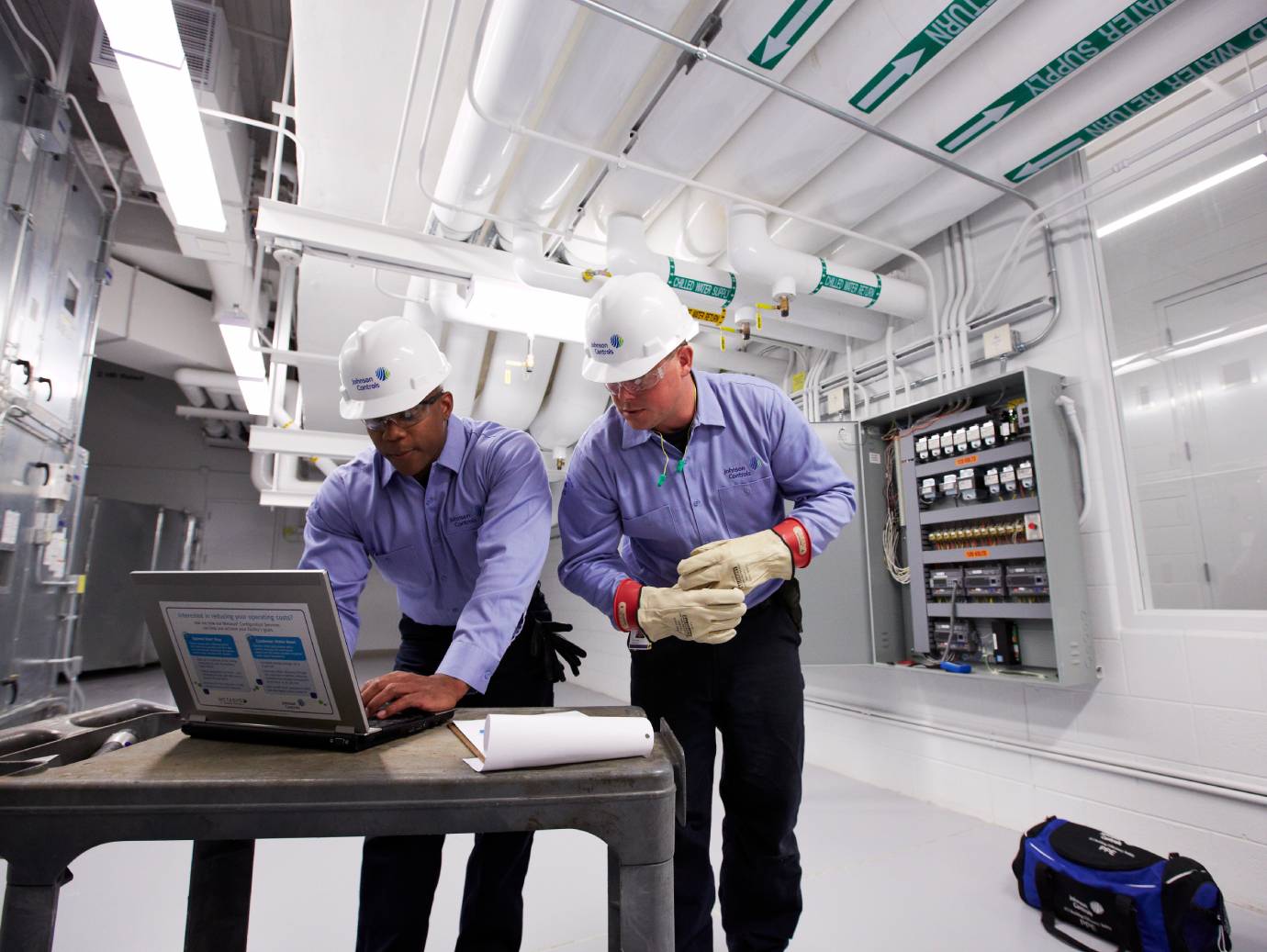Energy-Efficient Cooling And Heating Systems to Reduce Energy Expenses
As power costs remain to climb, the importance of energy-efficient heating and cooling systems becomes progressively evident. These systems not just promise considerable savings on energy expenses however likewise add to a more sustainable future by minimizing power consumption. With various options readily available, consisting of geothermal heatpump and ductless mini-splits, homeowner deal with a wide range of options that can enhance comfort and air high quality. Recognizing the crucial attributes and upkeep needs is important to making the most of these benefits. What variables should be focused on when picking the appropriate system for your requirements?
Benefits of Energy-Efficient HVAC Solutions
Energy-efficient Heating and cooling systems provide numerous advantages that prolong beyond simple price savings. By consuming less energy, these systems add to reduce greenhouse gas exhausts, helping to fight climate modification and advertise sustainability.
Furthermore, energy-efficient HVAC systems often offer enhanced convenience degrees. Several of these systems include advanced technology that permits much better temperature level control and improved air quality (DMAKS HVAC). This results in a much healthier interior atmosphere, which is especially crucial for individuals with allergic reactions or respiratory system problems
Moreover, buying energy-efficient heating and cooling systems can boost home value. As more customers focus on power effectiveness, homes and buildings furnished with these systems might attract greater quotes in the realty market.
Kinds Of Energy-Efficient HVAC Options
Just how can homeowners and services choose one of the most suitable energy-efficient a/c choices for their needs? The marketplace uses a range of energy-efficient heating and cooling systems, each developed to enhance convenience while reducing energy intake.
One alternative is the variable cooling agent flow (VRF) system, which successfully regulates the temperature in numerous zones within a building. This system adapts its refrigerant circulation to match the desired temperature level, causing considerable power savings.
An additional popular selection is geothermal heat pumps, which utilize the planet's stable temperature level to heat and awesome rooms. By transferring warmth to and from the ground, these systems demonstrate remarkable effectiveness, especially in modest climates.
In addition, ductless mini-split systems provide an energy-efficient option for homes doing not have ductwork. These systems permit zone-specific heating & cooling, minimizing power waste in vacant locations.
Lastly, high-efficiency heating systems and air conditioning system, with sophisticated SEER and AFUE scores, use reputable environment control while consuming less power than conventional versions. By evaluating these choices, home owners and businesses can pick a HVAC system tailored to their certain demands and energy performance objectives.
Key Features to Think About

Following, explore the kind of compressor made use of in the system. DMAKS HVAC. Variable-speed compressors can change their result to match the heating or cooling down demand, causing improved convenience and power cost savings compared to single-speed versions. Furthermore, seek systems furnished with smart thermostats that offer programmable settings and remote accessibility, enabling for far better control over energy consumption
An additional crucial feature is the system's air filtration capacity. High-efficiency filters can boost interior air top quality and lower power usage by making certain the system runs successfully. Furthermore, consider the kind of refrigerant made use of; modern-day systems usually use eco-friendly cooling agents that have a lower ecological influence.
Last but not least, make sure that the system is compatible with zoning modern technology, which permits personalized temperature control in different areas of your home, enhancing convenience while lessening energy use.
Tips for Selecting the Right System


Following, think about power effectiveness ratings, particularly the Seasonal Power Effectiveness Proportion (SEER) for cooling systems and the Yearly Gas Use Efficiency (AFUE) for home heating systems. Greater scores indicate better effectiveness, which can lead to substantial financial savings on utility costs gradually.
Furthermore, evaluate the kind of heating and cooling system that best matches your way of life and budget. Choices include air conditioning, ductless mini-splits, and warmth pumps, each with its own collection of advantages and disadvantages.
Don't forget the value of proper setup and sizing; an incorrectly sized system can result in inefficiencies and increased wear. Consult with read this article a professional A/c contractor to acquire professional referrals tailored to your home's special requirements. This extensive strategy will certainly guarantee that you choose an energy-efficient HVAC system that satisfies your demands and budget efficiently.
Upkeep for Optimal Effectiveness
As soon as the appropriate heating and cooling system is in area, ongoing maintenance ends up being vital to guaranteeing optimum efficiency and longevity. A my website well-kept system runs much more efficiently, leading to reduced power intake and reduced utility bills. Routine assessments and tune-ups must be set up a minimum of two times a year-- once before the cooling season and once before the heating season.

Property owners should likewise be vigilant regarding checking their cooling and heating system's performance. Unusual noises, rising and fall temperature levels, or boosted energy costs can show underlying problems that call for instant attention. By dealing with these problems quickly, homeowners can prevent expensive repairs and extend the life-span of their systems.
Investing in an upkeep strategy with a certified technician not just enhances performance but additionally gives comfort, knowing that the system is running at its ideal. DMAKS HVAC. Normal upkeep is as a result necessary for sustaining power effectiveness and decreasing general operational costs
Verdict
Finally, energy-efficient HVAC systems provide a viable option for lowering utility bills while improving comfort and air quality. By incorporating advanced innovations and choices such as geothermal heatpump and ductless mini-splits, homeowner can achieve substantial power financial savings and add to environmental sustainability. Cautious consideration of system attributes and ongoing upkeep better ensures optimal efficiency, making energy-efficient systems a prudent financial investment for both financial and environmental benefits.